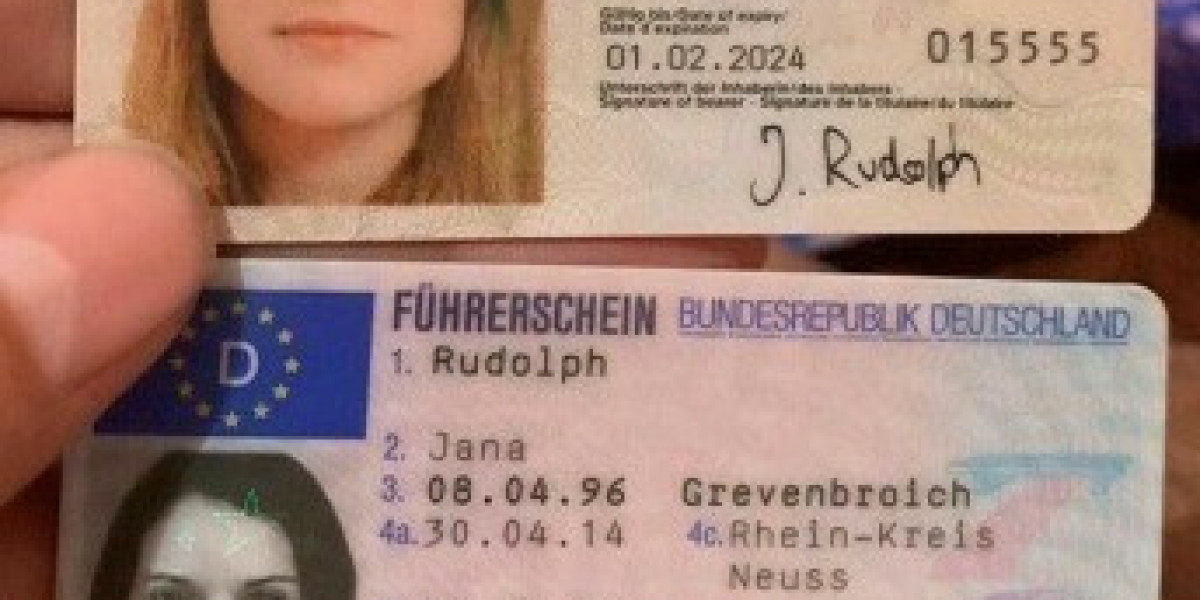
Understanding the UK Driver's Licence: A Comprehensive Guide
Acquiring a driver's licence in the United Kingdom is a substantial turning point for many individuals. It not just symbolizes self-reliance but also supplies greater liberty in personal and professional aspects of life. This short article intends to offer a detailed overview of the uk driving licence online driver's licence, consisting of how to apply, various kinds of licences, and various regulations connected to driving in the UK.

Overview of the UK Driver's Licence
In the UK, a driver's licence is an official file that permits a private to operate motor vehicles on public roads. The driving licence system in the UK is structured and regulated by the Driver and Vehicle Licensing Agency (DVLA).
Kinds Of UK Driver's Licences
The UK uses a number of kinds of driving licences, each tailored for various categories of automobiles. These consist of:
Provisional Licence:
- Age Requirement: Minimum of 17 years
- Enables learners to drive under particular conditions.
- Can not drive without a qualified driver accompanying them.
Full Licence:
- Issued as soon as an individual has actually passed both the theory and useful driving tests.
- Numerous classifications available based upon vehicle types:
- Category B: Cars
- Category A: Motorcycles
- Category C: Large goods automobiles
- Category D: Buses
International Driving Permit (IDP):
- Required for driving in some foreign nations.
- Issued to UK licence holders at Post Office branches.
Short-lived Licences:
- For people who might have lost their licence or are awaiting updates on their current licence.
The Application Process for a UK Driver's Licence
Requesting a driver's licence in the UK includes numerous steps, whether for a provisional or full licence. Here are the important actions in detail:
Step 1: Obtain a Provisional Licence
- Eligibility: Individuals should be at least 17 years old to apply.
- Application: Applications can be made online via the DVLA site or through paper types readily available at post offices.
- Files Required:
- Proof of identity (passport or another main ID).
- National Insurance number (if offered).
- A postal address in Great Britain.
Step 2: Study for the Theory Test
- Content: The theory test includes multiple-choice concerns and a danger perception test.
- Preparation: Various resources are offered, including online courses, apps, and books that aid in preparation.
Step 3: Pass the Theory Test
- The theory test need to be cleared before trying the useful driving test.
Step 4: Practical Driving Test
- Knowing and Instruction: A person can take driving lessons with a qualified instructor or find out with an approved accompanying driver.
- Booking the Test: Once confident in driving capabilities, candidates can book their useful test online.
- Test Components: The dry run examines driving skills, maneuvers, and real-world driving conditions.
Step 5: Receiving the Full Licence
- After successfully passing the practical driving test, the DVLA will provide a full driving licence, which allows individuals to drive individually.
Guidelines and Regulations
Keeping a legitimate driving licence in the UK needs adherence to a number of rules and regulations:
- Renewal: Licences should be restored every ten years. Renewal can be done online or via paper application.
- Points System: The uk online driving licence utilizes a charge points system. Particular traffic offenses result in points being added to a driver's licence, which can cause severe repercussions if the accumulation exceeds a specific limit.
- Medical Conditions: Drivers must inform the DVLA of any medical condition that might impact their ability to drive.
Typical Challenges in Obtaining a Licence
Obtaining a driver's licence can often be challenging. Here are some common obstacles dealt with by striving drivers license online and tips on how to tackle them:
- Nervousness During Tests: Many candidates experience stress and anxiety throughout their theory or dry runs. It is a good idea to take mock tests or engage in practice sessions to develop confidence.
- Failure to Pass Tests: If a private fails their tests, they can retake them after a particular waiting period. Preparing with additional driving lessons or study materials can assist in subsequent attempts.
- Comprehending Rules: The intricacies of roadway rules and guidelines might be frustrating. Enrolling in a credible driving school can supply clearness and insight into these policies.
Frequently asked question Section
1. How long does it take to get a driving licence in the UK?The timeline varies based on the person's knowing pace. Typically, achieving buy a driving license complete licence can take a couple of months, consisting of discovering time and the waiting period for tests. 2. Can I drive while waiting for my full
licence?You can drive with your provisionary licence if accompanied by a certified buy driver license who is at least 21 years old and has held a full licence for 3 or more years. 3. What do I do if I lose my driving licence?You can make an application for a replacementlicence through the DVLA website or through post, supplying required identification and paying the needed cost. 4. How much does it cost to get a driver's licence in the UK?Costs can vary significantly but typically consist of application fees , the theory test charge, dry run costs, and driving lessons. Overall, it might amount to thousands of pounds, depending on individual situations. 5. Exists a minimum variety of lessons I should take?There is no official minimum number of lessons mandated. However, taking lessons until you feel great is advisable. Acquiring a driver's licence in the UK is a gratifying procedure that opens the door to movement and flexibility. By comprehending the steps included, the kinds of licences available, and the policies governing driving, prospective Drivers Licence Uk can browse the system effectively. Whether one is a student or a skilled driver, remaining informed on the most recent guidelines and finest practices is crucial to make sure safe and responsible driving within the UK.








